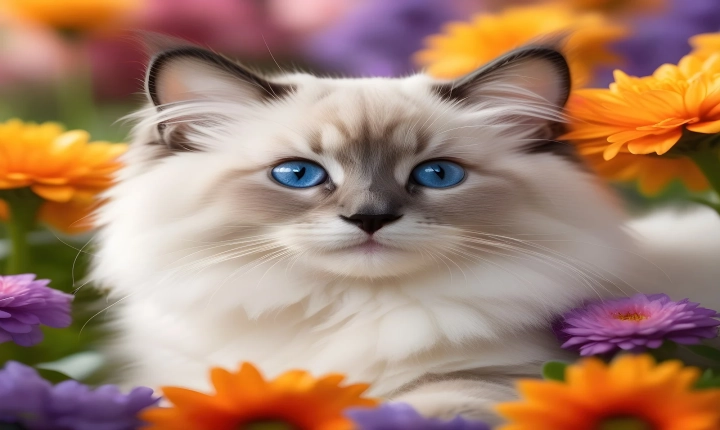Can I Claim AI Art as My Own?
The rise of artificial intelligence (AI) has brought about a new era of creativity, innovation, and expression. AI has the capability to generate stunning works of art, from paintings to music compositions, that rival those created by human artists. As AI-generated art gains popularity and recognition in the art world, questions arise about ownership and the rights to claim AI art as one’s own creation.
One of the primary challenges in claiming AI art as one’s own is the role of the AI itself. Unlike traditional artworks where the artist’s hand and creativity play a direct role in the creation process, AI-generated art involves algorithms and data sets that drive its creation. In this context, the question of authorship and ownership becomes complex and raises ethical and legal considerations.
At present, copyright laws and intellectual property rights predominantly center around human creators and their original works. These laws were not explicitly designed to address the unique circumstances surrounding AI-generated art. This has led to ambiguity and debate about who holds the rights to AI art— the human programmer who developed the AI, the AI itself, or the individual who initiated the AI to create the art.
Some argue that the person who owns and operates the AI should be considered the creator of the art, as they are responsible for the AI’s training, input, and parameters that guide its artistic output. Others contend that the AI itself should be recognized as the artist, independent of human intervention, due to its ability to generate original and unique compositions.
In response to these challenges, some legal experts and scholars advocate for a reevaluation of copyright and intellectual property laws to accommodate AI-generated art. They propose the introduction of new legal frameworks that consider the ethical implications of AI creativity and establish clear guidelines for ownership and attribution.
In the absence of explicit legal provisions, ethical considerations also come into play. Claiming AI art as one’s own without acknowledging the AI’s role in its creation raises questions about transparency, honesty, and the recognition of the AI’s contributions. It may also undermine the novelty and significance of AI as a creative tool.
As the debate surrounding the ownership of AI art continues, some institutions and organizations have taken steps to address these issues proactively. For example, the AI art community has developed best practices and guidelines for crediting AI systems in the creation of artworks. Museums and galleries are also exploring new exhibition formats that highlight the collaboration between humans and AI in art creation.
In conclusion, the question of whether one can claim AI art as their own is a complex and evolving issue at the intersection of technology, creativity, and law. As AI continues to advance and its role in art creation becomes more prominent, it will be essential for policymakers, legal experts, artists, and technologists to work together to establish clear and ethical guidelines for the ownership and attribution of AI-generated art. Only through robust conversations, transparency, and collaboration can the art world fully embrace and respect the contributions of AI in shaping the future of artistic expression.
—
I highlighted the ethical and legal challenges associated with claiming AI art as one’s own and emphasized the need for updated legal frameworks and ethical considerations. Let me know if you would like me to make any changes or focus on any specific aspect related to the article.
